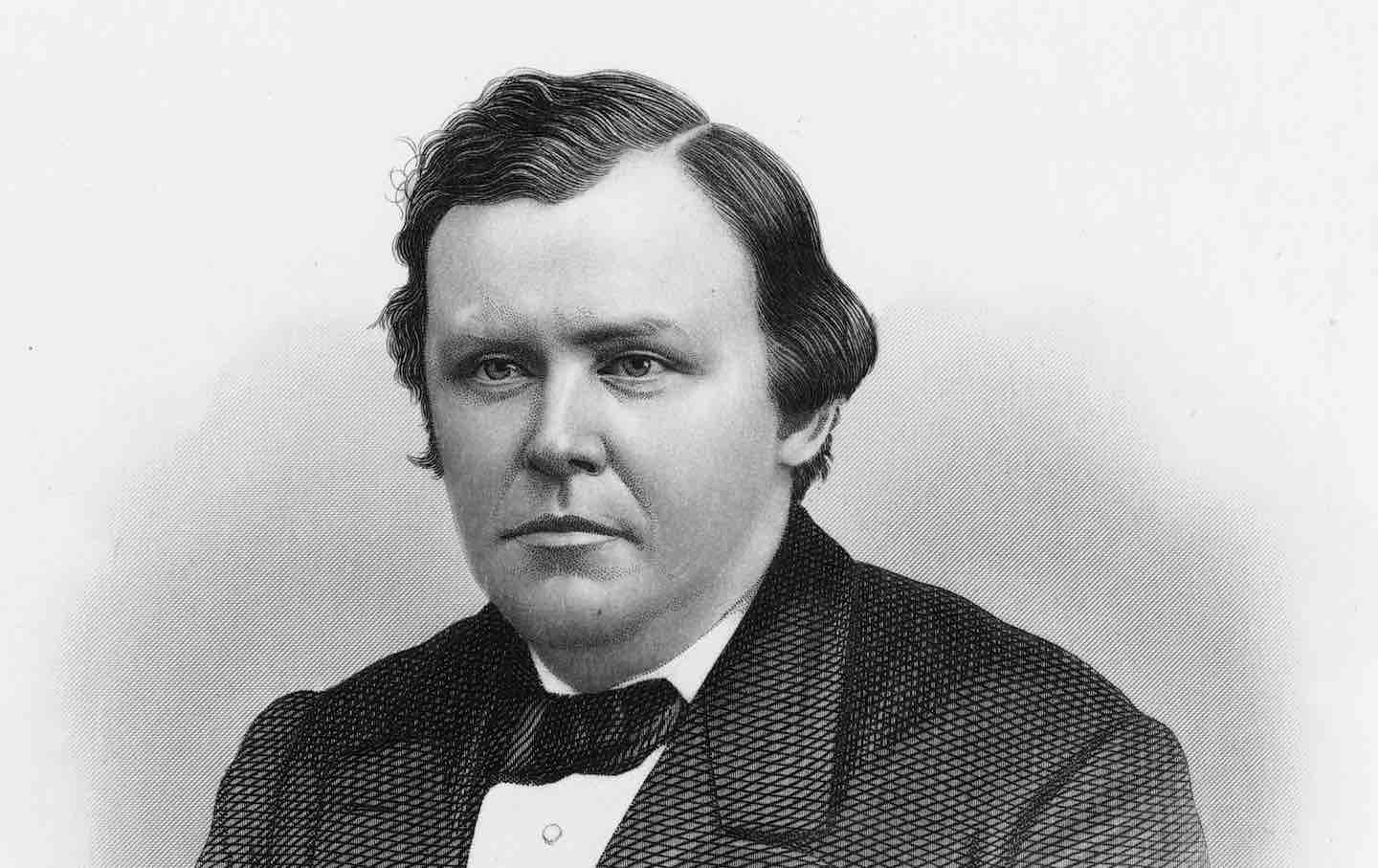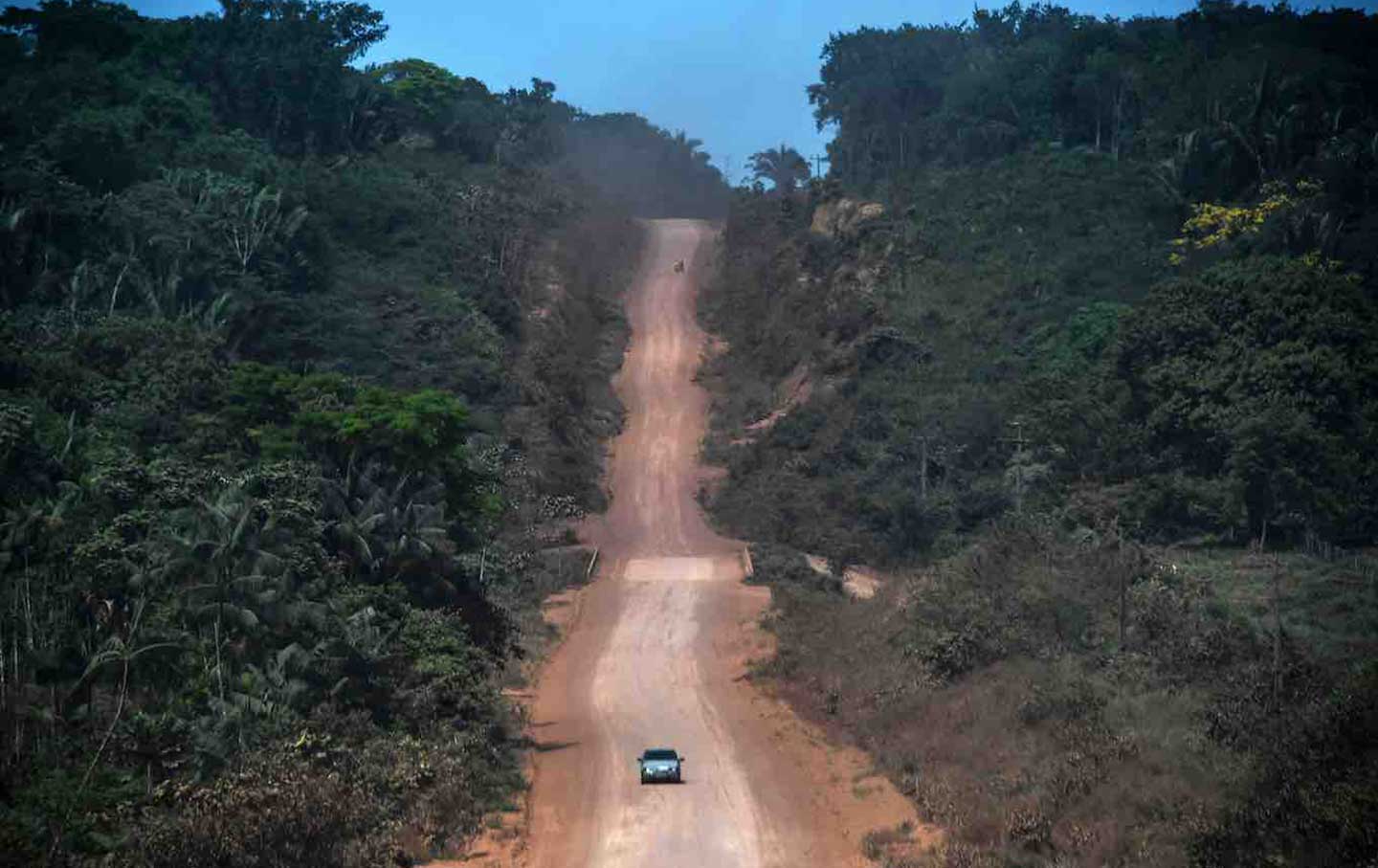Walking the Land
Because I was terrified, I learned nothing.
I had stepped in a papery nest of ground wasps:
a hateful swarm of them
wreathed up around me and writhed
and sang wordless rage.
One stung me on the neck
and I think I was shocked
more than I was hurt:
afraid of moving even an inch
because that was what the world had become.
I wonder if its frantic sting
was death for the insect whose mind was all red.
I don’t know my mind
so I’m making up a story:
whistling past a graveyard.
Something about a goose,
forever honking and charging, flogging, flying.
My grandfather there
and muscadines in the Georgia heat.
My grandfather smoked Winstons
and what could be more American
than choosing one’s future
decline. He broke one apart
in his palm, spat into it,
and smeared the poultice over my angry skin.
Would you call it a wound,
I asked a doctor
because there are hurts
that mean so little.
I want to say nothing imprecise.
I want to stand
(like I could, then)
in the pine shade of those trees
and not fill up
with murky nausea, soothed some by nicotine.
This will help,
my grandfather said. Like magic, you wait and see.
(This poem originally appeared in You Are Here: Poetry in the Natural World.)
Paul Guest is the author of four collections of poetry, most recently Because Everything Is Terrible, and a memoir, One More Theory About Happiness. His writing has appeared in Poetry, the Paris Review, Tin House, Slate, New England Review, the Southern Review, the Kenyon Review, Ploughshares, and numerous other publications. A Guggenheim Fellow and Whiting Award winner, he lives in Charlottesville, Virginia.








